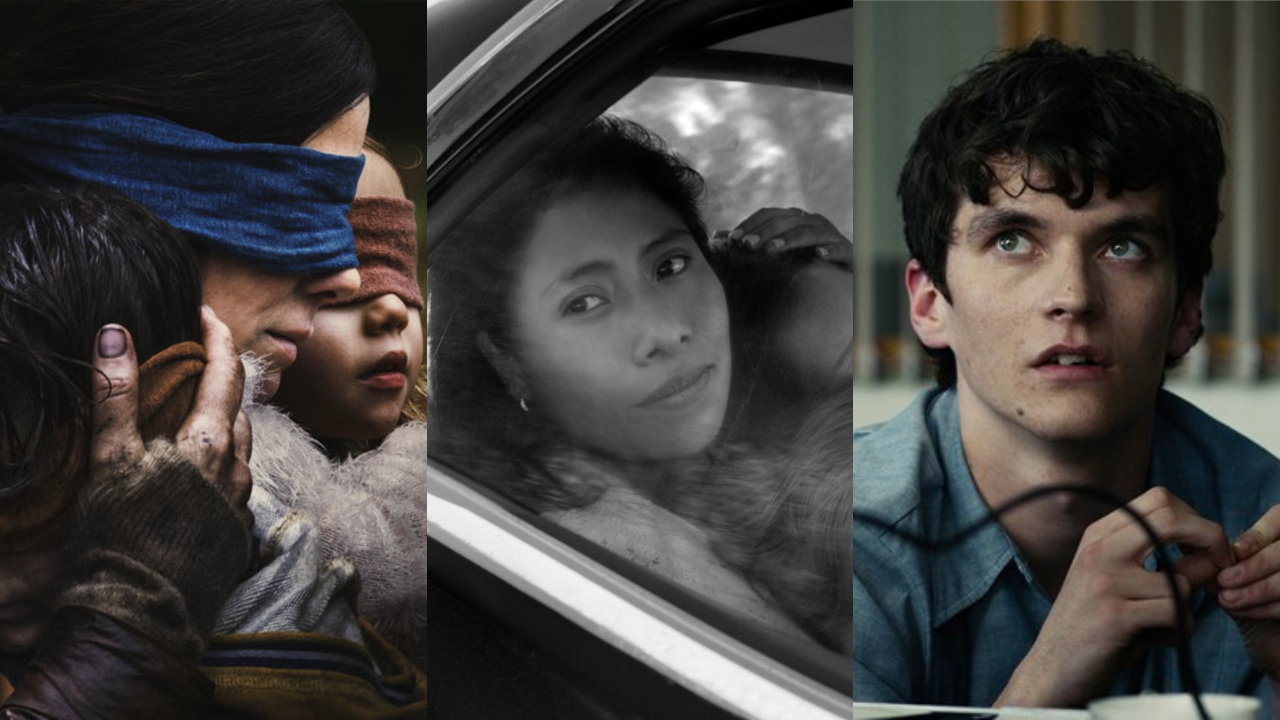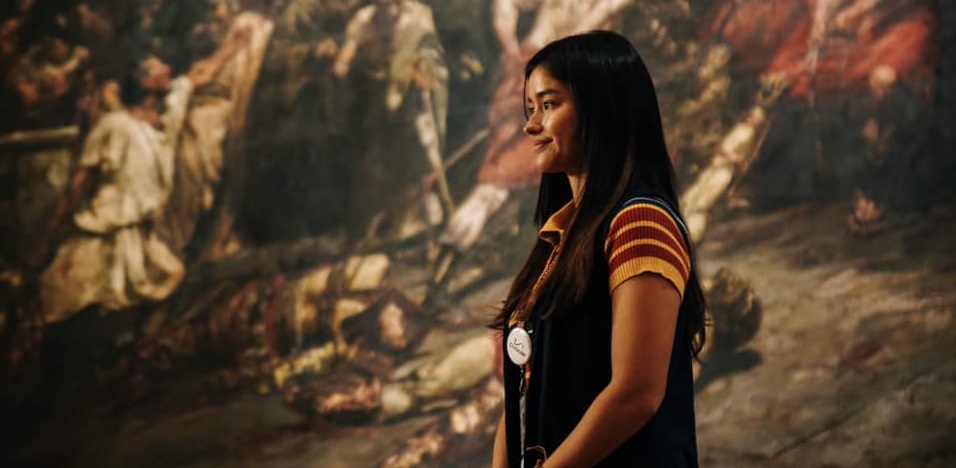The Holiday Trinity
***
Roma (2018)
Directed by: Alfonso Cuarón
Starring: Yalitza Aparicio and Marina De Tavira
Rating: ★ ★ ★ ★ ★
Most films in the 21st century have emanated a beautiful silence—a classical film structure that bounds to reveal the facets of most films with limited dialogues while highlighting its glorious cinematic flow. There are only a number of films that have achieved this setting, and occasionally, independent films have already waived their platform in producing their silent yet loudest artworks. Cuarón, being the silent visionary himself, has successfully crafted Gravity in 2013 through manipulating the emotional purpose of space and curating the emotional flow of cinematic experience. Now, he’s back with another masterpiece, Roma—a travel back in time through oddity, representation, and clarity in an era that attempts to move forward toward the future.
Roma will never be as heavy and intriguing as it was if not for the exceptional performance and presence of its main actress Yalitza Aparicio, who thrived as a teacher before she entered the film industry. Her character, Cleo, lifted the film’s innocence as if she were the silence in a raging war. The bare face, reflecting authenticity of the Mexico’s culture of muchacha, has shaped the mood of the entire film, all the way from a conventional beginning to an emotional rocky-boat ending. Her stellar performance is notable, considering that she is an accurate representation of her character in an industry dominated by white people. Cuarón made sure that he has intricately picked the cast who will set the tone for the entire voyage of his story, and he didn’t fai.
The monochromatic cinematic scheme established an ideal dramatic disposition. It strengthened the grasp for drama without stirring the pot too much, radiating a balanced emotional formula necessary to address the layers it contained. In a surface, Roma seems to explore the plot through visual motive; but it exists more than that as it tries to capture a frame that will steadily hold the sentiment and innocence leading to a desensitized drama. It is simple and silent enough to portray the odd and melancholic theatrical condition. Cuarón has birthed to a spectacle—impliedly clamoring through contrasting the past and the present.
It was bland and black until the film diverts to the serious cases of societal implications among different social classes. This was set in the 70s, and although it has been forty years apart, some scenes are just too glaring that we cannot turn a blind eye on the familiarity of it fragments. Fragments that contain systemic social cases such as healthcare, government, class monopoly, militarization, activism, and even women empowerment. Despite the wide ideological range it offers, Roma still stands erectly in envisioning women as a vital component for a movement—anything which translates their struggles into solid and bold identities.
It was expected for Cuarón to produce a visually stunning piece, but the sheer idea of formulating this film through the substance of a culturally expansive identity and embracing the revolutionized cinematic customs is nothing but an actual astonishment; for there are more stories of struggles and defiance beyond the enclosed city of Roma.
Written by Christian Ralf Dugan
All three films are available for streaming on Netflix.





